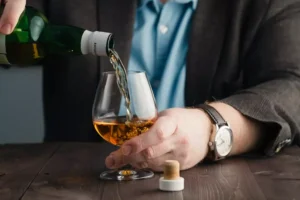
Recreational marijuana is used for relaxation, euphoria, and sensory enhancement, though frequent use leads to dependency and cognitive impairment. Some users develop withdrawal symptoms like irritability, cravings, and trouble sleeping Alcoholics Anonymous when they try to stop. As noted by Volkow et al. (2014) in “Adverse health effects of marijuana use,” about 9% of users develop addiction, with rates rising to 17% for those who begin in adolescence.
How Our Helpline Works
Whether you are struggling with marijuana addiction or other substance addictions or mental health issues, help is just a phone call or text away. The effects of marijuana are euphoria, impaired memory, sedation, increased heart rate, and long-term cognitive decline, with risks that vary based on frequency and dosage. Short-term use alters sensory perception, reaction time, and coordination, while long-term use is linked to heart disease, schizophrenia, and addiction. The likelihood of dependence increases with frequent use, particularly in those who start at a young age. Marijuana use is increasing in both Indiana and the United States, with higher rates among young adults and unemployed individuals.
A Day at a Time Meditations
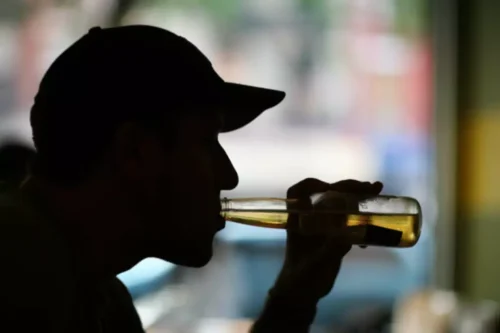
AA and NA often offer virtual meetings to allow you to talk with a community is weed addictive of people who are also in recovery, providing support that can help you stay sober. You can click here to find virtual AA and NA meetings or AA and NA online chat options. About 747,000 people received treatment for marijuana addiction in 2016. When you call a marijuana addiction hotline, a qualified helpline representative will listen to your story, assess your situation, and walk you through the next steps. Some of the representatives have overcome their own drug addiction and are ready to help you or your loved one. Many drug rehab centers treat marijuana addiction and can be found all around the United States.
How many calls do you receive?
You can also quickly and easily check your insurance coverage for free by filling out the form below. What is important to you may not be important to another person, and vice versa. Make sure that you investigate programs according to your must-haves and not another person’s. Whether the substance is used infrequently or in large amounts for extended periods, negative effects can occur.
What Is Marijuana? Definition, Usage, Effects, Addiction
The specific clinical symptoms must be addressed during the rehabilitation process. If you want information about unexpected side effects from consuming marijuana, you can call the national Poison Help line. If you or someone you love has run away from home, this helpline can provide resources and support.
- Make sure that you investigate programs according to your must-haves and not another person’s.
- It happens very quickly when smoked as it penetrates the lungs and rapidly travels to your brain and other organs throughout your body.
- All types of people find that they are overusing cannabis to the point where it is no longer fun or helpful.
- You will be guided by a caring navigator who will assist you in finding the best treatment center for your case, and that can provide you with a customized care plan to meet your unique needs.
Is Smoking Weed Addictive?
Each of these symptoms reflects behavioral and physical signs that indicate cannabis use is impacting daily functioning, potentially leading to addiction. If a dependent person stops using marijuana, they may experience withdrawal symptoms such as irritability, sleep difficulties, decreased appetite, and mood swings. Dependence is mainly physical and is a response to prolonged, regular cannabis use. Marijuana addiction is characterized by a loss of control over its use and is more likely to occur among chronic users. According to a report published by the CDC, approximately 10% of marijuana users become dependent on the substance. Areas of the brain affected include those responsible for behavior, emotional control, and cognitive abilities.
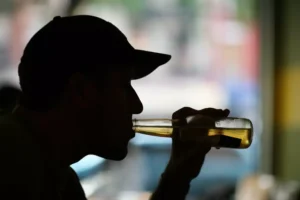
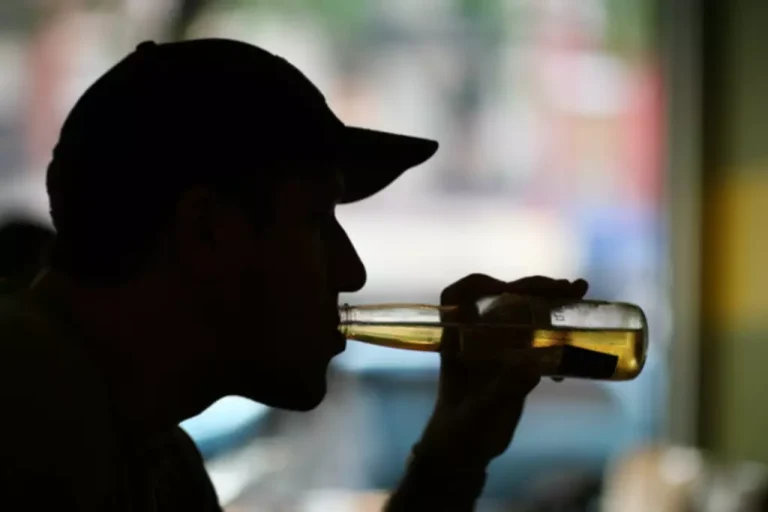
The Substance Abuse and Mental Health Services Administration’s national helpline can help you find a behavioral treatment provider in your area that assists people with marijuana addiction. Many people are hesitant to call a helpline because they believe the call would not be free or confidential. It is important to remember that all calls to marijuana addiction helplines are free and confidential.
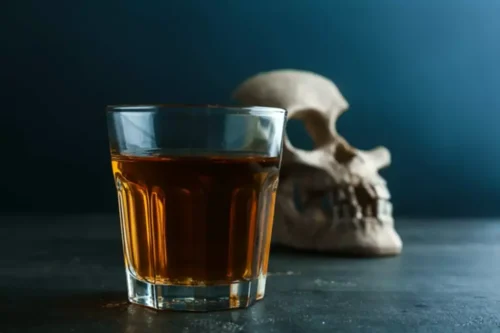
A free and confidential call to a trustworthy helpline can help ease any concerns you might have about treatment. The Boys Town National Hotline offers support for children and families in crisis. The hotline is staffed around the clock and can provide information, support, and resources for several concerns, including substance use. Each helpline or hotline will ask questions based on the type https://ecosoberhouse.com/article/the-5-risks-of-drinking-after-work/ of organization they are and what resources they assist in proving. When calling our marijuana helpline we will be asking questions that allow us first be able to clearly understand the current situation.
A treatment center will attempt to verify your health insurance benefits and/or necessary authorizations on your behalf. We cannot guarantee payment or verification eligibility as conveyed by your health insurance provider will be accurate and complete. Payment of benefits are subject to all terms, conditions, limitations, and exclusions of the member’s contract at time of service. Local treatment centers provide not only immediate support but also long-term recovery resources. With these tips, you’ll be better prepared to find the right fit and begin your journey toward a healthier, cannabis-free life. Local treatment options offer convenience and often provide resources that connect you to supportive communities.
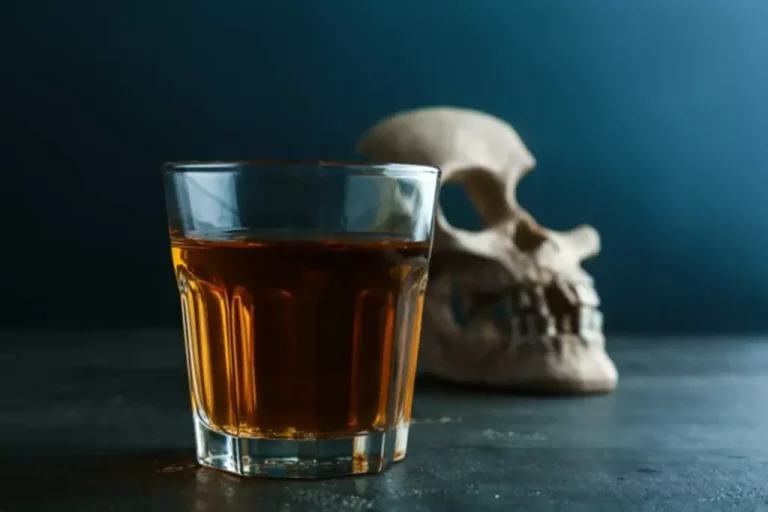
Our Admissions Navigators are trained, experienced, and compassionate individuals who understand the struggles related to addiction—many of our navigators are in recovery themselves. This anonymous and free helpline is available 24/7 to give you guidance and resources if you believe you or someone you know is at risk of poisoning. Members of MA collectively support each other as peers, sponsors, and friends. MA has a book called Life with Hope and a companion 12-Step workbook, along with other publications. We use the tools of the MA program to help free us of our addictive tendencies and physical dependence on the substance that has caused damage in our lives. Supporting the management of behavioral health effects from disasters.
